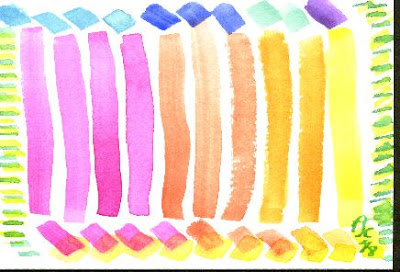
American Life in Poetry: Column 105
BY TED KOOSER, U.S. POET LAUREATE, 2004-2006
I've talked often in this column about how
poetry can hold a mirror up tolife, and I'm
especially fond of poems that hold those mirrors
up to our most ordinary activities, showing them
at their best and brightest. Here Ruth Moose
hangs out some laundry and, in an instant, an
everyday chore that might have seemed to us
to be quite plain is fresh and lovely.
Laundry
All our life
so much laundry;
each day's doing or not
comes clean,
flows off and away
to blend with other sins
of this world. Each day
begins in new skin,
blessed by the elements
charged to take us
out again to do or undo
what's been assigned.
From socks to shirts
the selves we shed
lift off the line
as if they own
a life apart
from the one we offer.
There is joy in clean laundry.
All is forgiven in water, sun
and air. We offer our day's deeds
to the blue-eyed sky, with soap and prayer,
our arms up, then lowered in supplication.
Reprinted from "Making the Bed," Main Street
Rag Press, 2004, by permission of the author.
Copyright (c) 1995 by Ruth Moose, whose latest
book of poetry, "The Sleepwalker," Main Street
Rag, due out in 2007. This weekly column is
supported by The Poetry Foundation, The Library
of Congress, and the Department of English at
the University of Nebraska-Lincoln. This column does
not accept unsolicited poetry.
**********************************








